Strategy And The Art of War
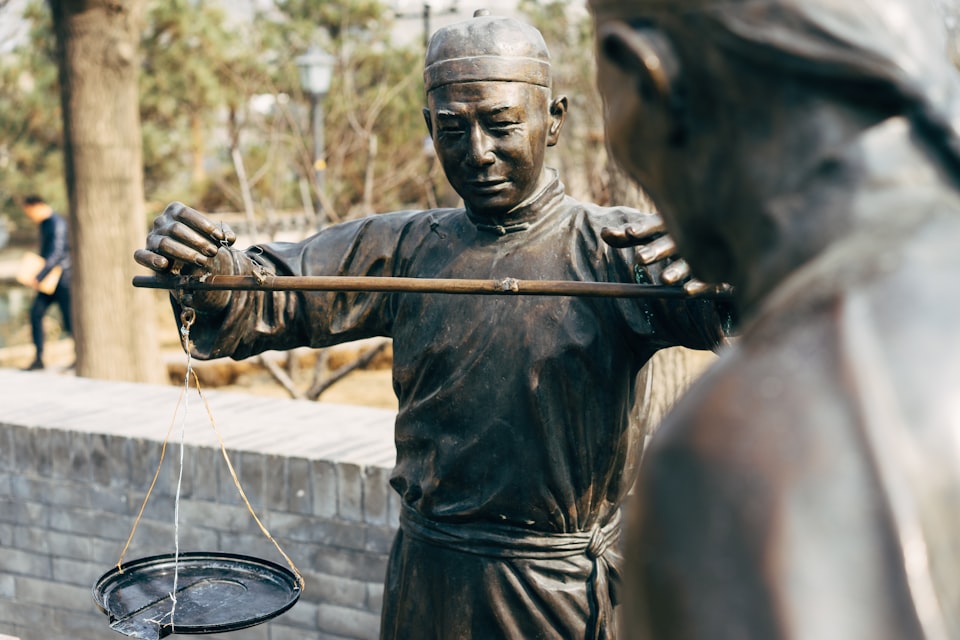
It’s taken me over a year how to write about this topic. The reason is that so many slimy people abuse Sun Tzu’s Art of War for nefarious purposes like manipulating people into sex or running shitty companies. Of course, the strategies espoused by Art of War can be used for evil but can also be used for their intended purpose: staying alive.
I’m going to make a large caveat here because I’m not a scholar of Asian history and culture, I’m a casual observer. My partner is Chinese and I’ve visited China a few times with her throughout our marriage. I’m lucky to have ventured into the back villages of the mainland and seen how the citizens live and how the culture works. I’d like to think that I know more than just an ordinary “Westerner” but I am, by all means, not an expert.
My interest in the study of strategy stems from my MBA study years. There, I was introduced to “managerial” applications of the Art of War. I was also introduced to Weiqi, the Chinese-originated board game of strategy.
I was able to grasp and internalize some concepts of the Art of War from these applications but I was always left confused and not seeing the whole picture of why I should use the Art of War. Was it only for business? Was it only for relationships? What was it really for?
My confusion lifted when I discovered Ralph D. Sawyers’s translation of the Art of War (affiliate link). It is by far the best translation I’ve read and manages to put the teachings in historical context for the readers. I recommend this book and the audiobook to anyone who wants a holistic and detailed understanding of the 13 chapters of The Art of War. I listen to the audiobook once a year at a minimum.
Why do I do this? So I can remember to be realistic and grounded. No matter how much I want to believe in my fellow humans’ kindness and goodness, they end up disappointing me. People are selfish and short-sighted. They will harm you and they will exploit you.
Staying alive
The terms “alive” or “the group is alive” are commonly used in Weiqi. The main goal of that game is to grow and build impenetrable territory. The winner is the one that has more than 1 point of territory over his rival. The winner is the one that can stay alive by having the largest territory.
This is a very slow game among high-level players because of all the intricate strategies they use. You win if your opponent’s strategy is weaker than yours and a good strategy equates to staying alive and winning.
The concept of strategy and staying alive is useful in games, but what are games? They’re just safe ways to test out new ideas without getting yourself killed. Why are you testing out these new ideas? So you can use your new skills in the real world. In life, at work, in your community, and not get killed!
Learning and applying the right strategy for the conditions you face in your daily life will keep you alive and build your territory. If you want to make it in this shitty world, you must see the bullshit from a completely different vantage point.
You have to understand that the right strategy, executed at the right time, will maximize your chances of survival. This will become more important as our civilization starts to collapse around us.
Sticking together as a community
I’ve written about it before about how we need to find our metaphorical tribe of people and band together. I watched a reshare of a TikTok video of a woman who spoke about a revolution that is already here. She tells her viewers to band together, organize, and help one another through the coming food crisis and societal upheaval.
On the surface I agree with her but not for the revolution part. I do believe that there will be a global food crisis as extreme weather wreaks havoc across the world. I believe that our world is starting to collapse because of climate change. A revolution is about ideas but global collapse is about staying alive and surviving.
Do we need a revolution? You bet. We need to work out all the economic and societal inequalities, but all that won’t matter if we’re rioting for food and starving.
So what’s the solution? What can we learn from The Art of War? Lots, too much to share in one Medium post but the most important thing we can do right now is to make estimations.
Estimate what skills we have that will be valuable in a post-collapse world. What kind of tools do we have on hand? Do we have a good group of friends and family we can rely on to ride this out? Do we have seeds to plant? Where would you get fresh water? Are you near a food forest? Can you plant a food forest now?
If you live in the city, where are safe places to congregate? Who and where will the gangs be? Do you have a bugout bag? Do you have some emergency gear and first aid kits in your car or house? Do you have an emergency plan? Most importantly, if your family gets separated, do you know where you’ll meet up later?
Sun Tzu and the Art of War starts with estimations in the first chapter because of their importance. Understanding the factors for success (i.e. being victorious in battle) relies on you. It would be best if you made a serious evaluation of where you are right now and where you need to go in the future and work to close any gaps. That’s the first part of any strategy, see where you’re weak.
Too often I see hubris and arrogance destroy companies and people. They throw caution to the wind because they might’ve gotten lucky once and made a lot of money. Don’t do this in a life-or-death situation.
You can increase your odds of survival by banding together and evaluating what everyone brings to the table, how they can help, and where your weak spots are. Then you can work to strengthen those weak spots.
One or two people together are always weaker than 20 or 30 people. Safety and survival lie in numbers, not the rugged individualist no matter how much Hollywood sells that idea to you.
Prepare now. Estimate. Organize. Stay alive.
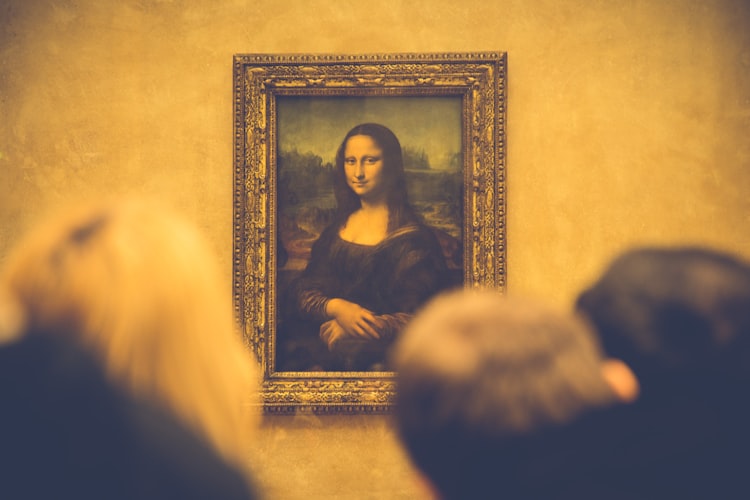

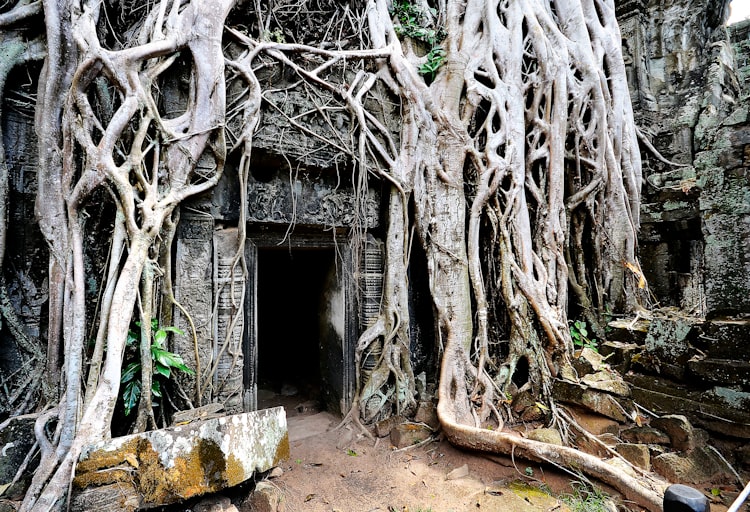
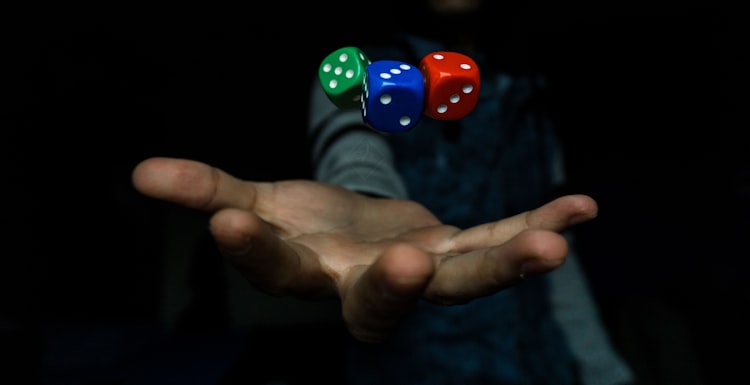
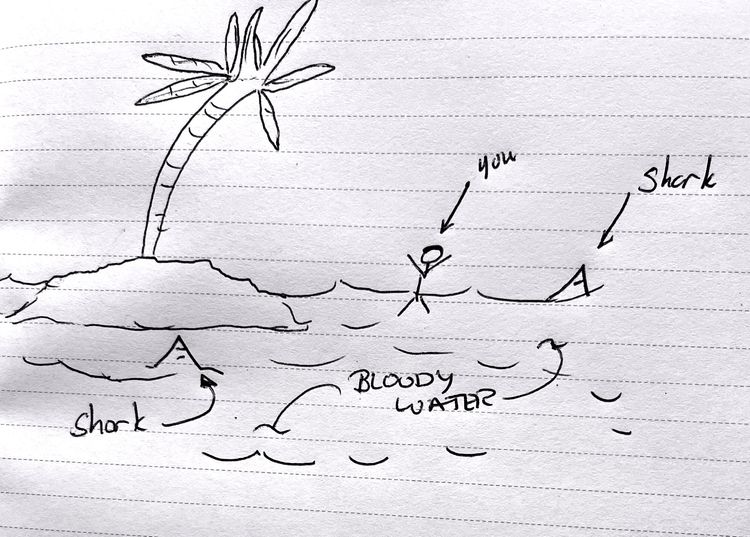
Member discussion